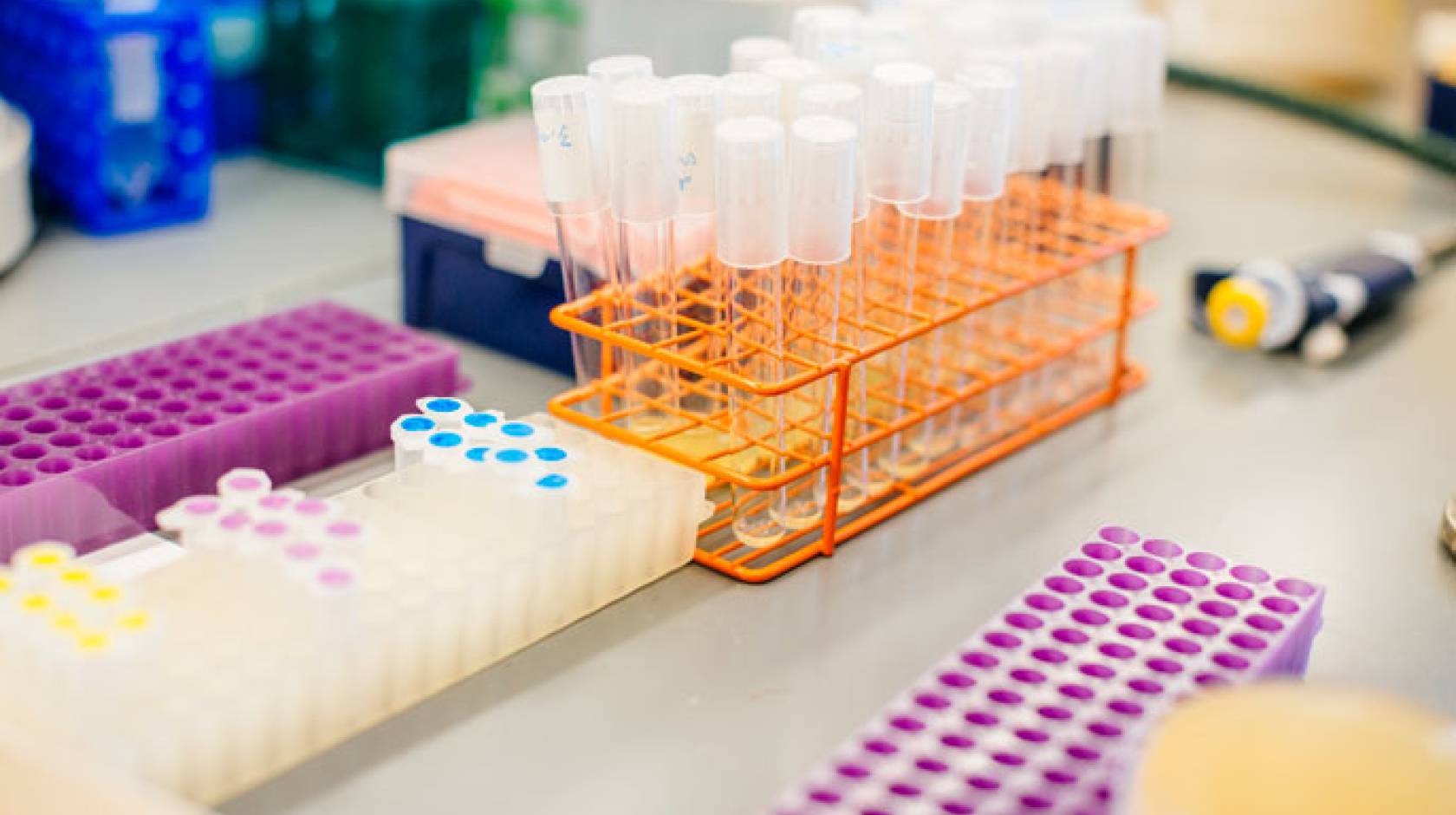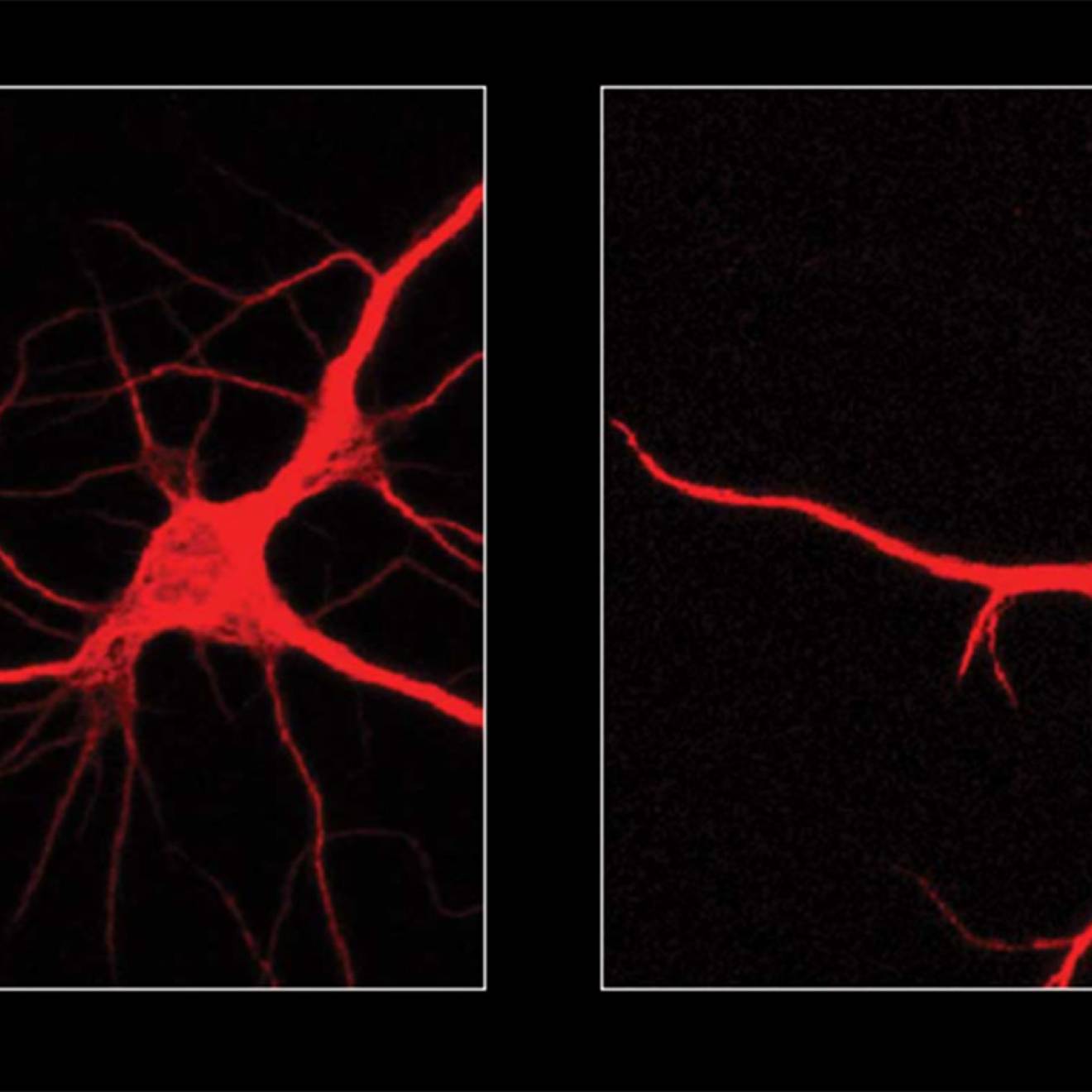UC Newsroom

To accelerate urgently needed breakthroughs in the COVID-19 pandemic, the University of California will provide $2 million in seed funding to scientists across the state to help jump-start their high-impact research projects.
Awards of up to $25,000 are available immediately, said Theresa Maldonado, Ph.D., vice president of UC’s systemwide Research and Innovation division. The goal is to help researchers begin work as soon possible, knowing that larger federal grants may take longer to be distributed.
The awards are being funded by three statewide research grant programs UC administers that focus on breast cancer, tobacco-related disease and HIV/AIDS.
“Given that people who suffer from breast cancer, HIV and tobacco-related diseases are also among those who are most vulnerable to COVID-19, it made sense to begin urgently directing some of that research funding to this global pandemic,” Maldonado said. “Our goal is to seed work in areas that can have a big impact in a short amount of time and to help the California communities that need it most.”
Research proposals will be evaluated as they are received, with priority going to those that meet three criteria: a strong potential for impacting the pandemic in the near term; the ability of researchers to start work right away; and a research focus that will help California’s most vulnerable populations.
Maldonado and other UC leaders have also been spearheading an effort to facilitate greater collaboration on COVID-19 research among scientists and researchers across UC’s five medical centers, three national laboratories and 10 campuses.
A rapid-response survey of UC researchers yielded roughly 300 researchers whose work can help inform the medical and public health response to the pandemic in areas deemed by the World Health Organization to be of the highest priority.
“The adverse health and economic impact of the pandemic, as it plays out in California, cannot be overstated,” Maldonado said. “But the University of California has broad expertise in critical areas that can help with a rapid response to this unprecedented health crisis.”

